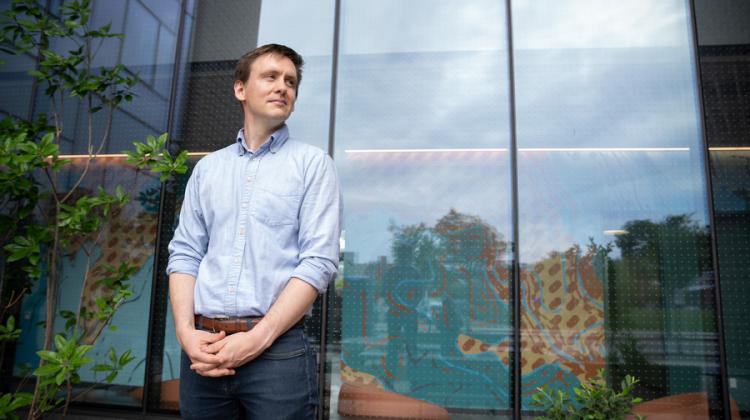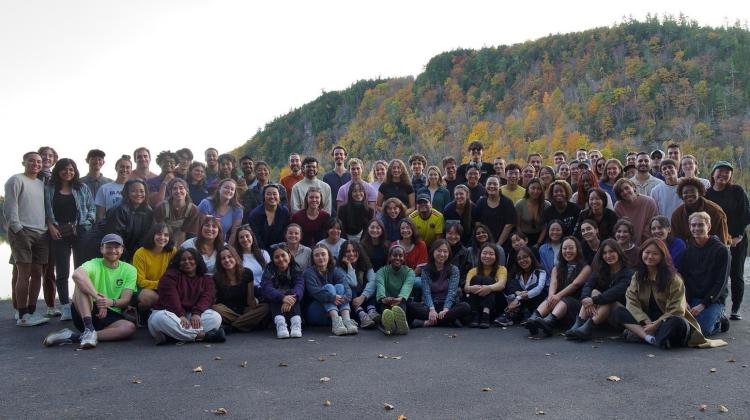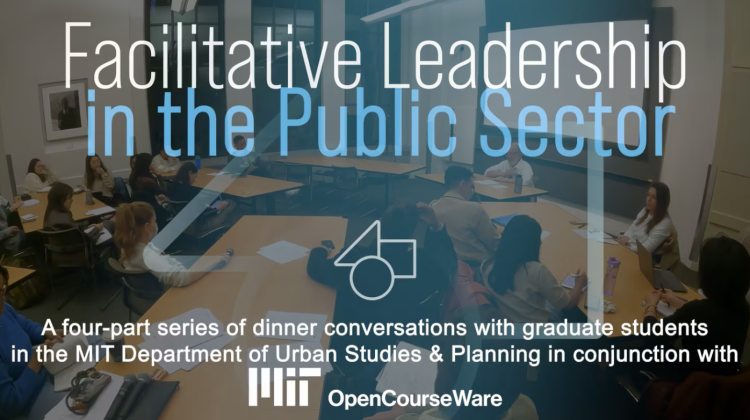Environmental Policy and Planning
- Image

- Image
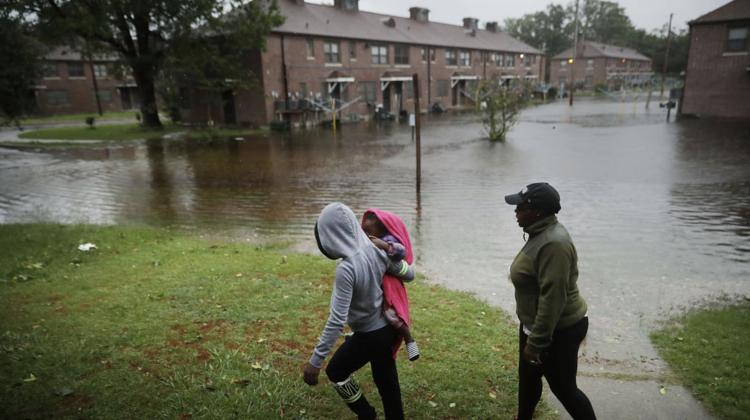
- Image
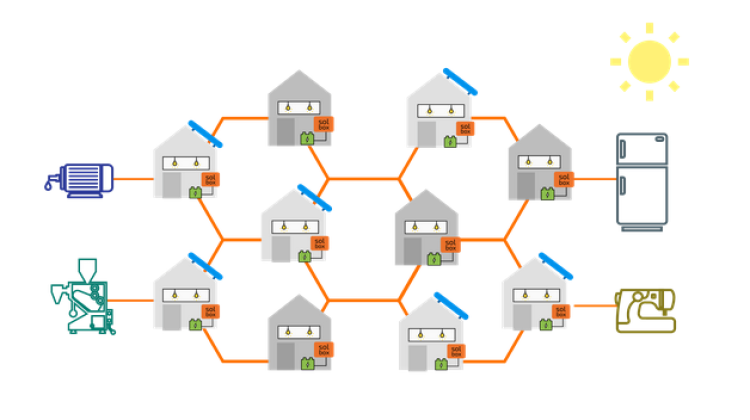
- Image
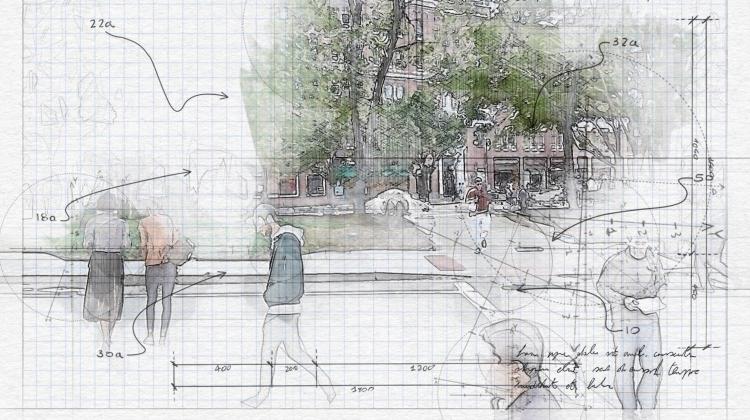
- Image
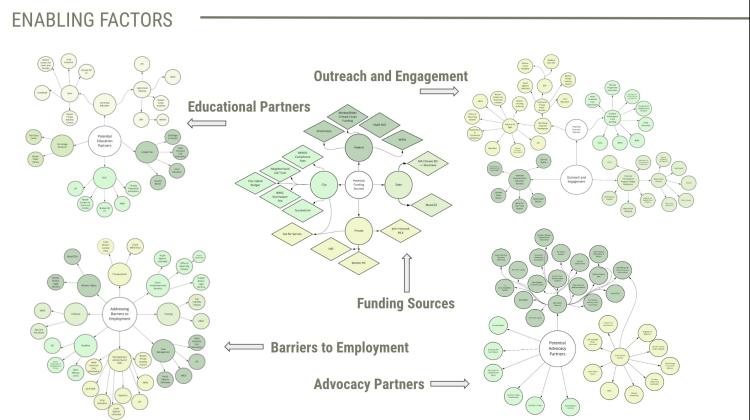
- Image
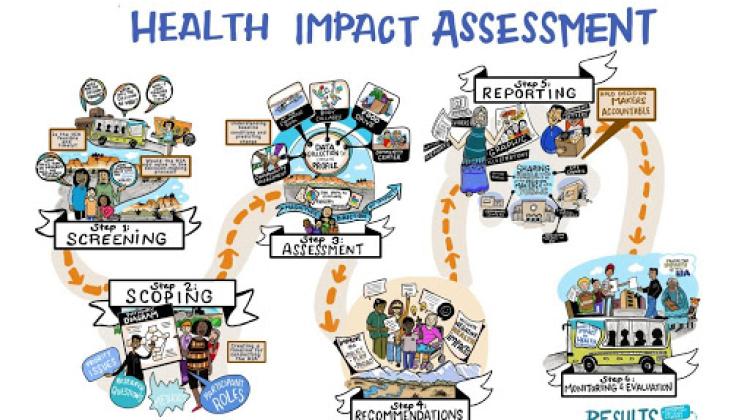
- Image
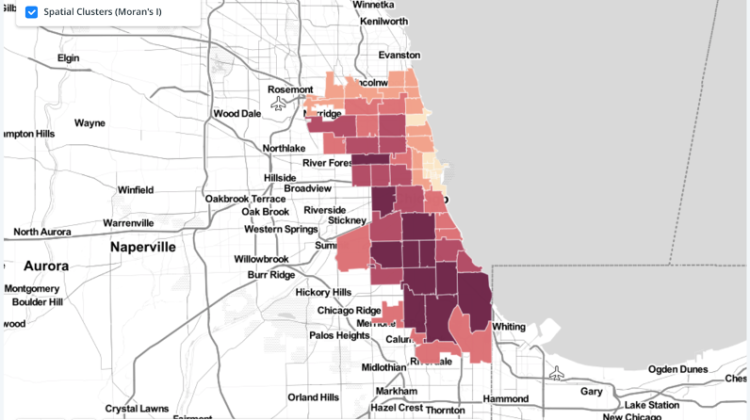
- Image
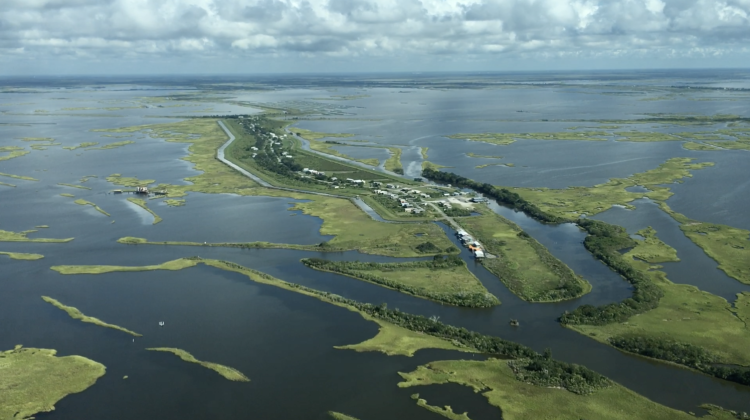
- Image
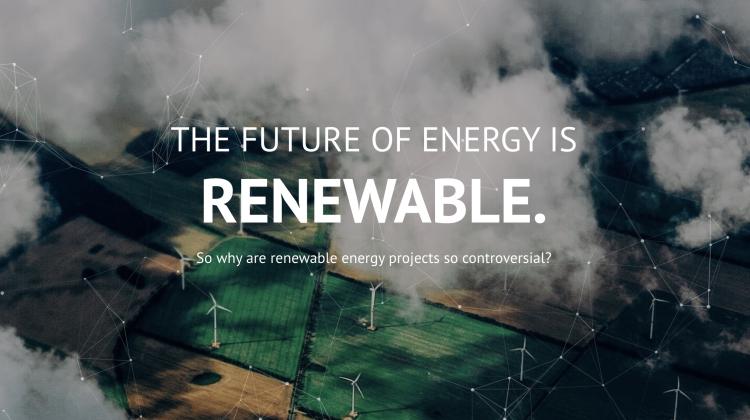
We seek to improve the way society conserves and manages natural resources, pursues environmental justice and sustainable development, particularly in urban and metropolitan settings around the world.
Overview
Members of the Environmental Policy and Planning group are most concerned about confronting the difficult changes and transformations required to achieve sustainable and equitable development in a world facing the short term impacts of the climate crisis. Some specific areas of research and teaching include indigenous environmental planning, climate adaptation at the local level, the adoption and diffusion of technologies that aim to mitigate or remediate environmental problems, particularly renewable energy, energy-efficiency, and water-conservation technologies; the efficacy of efforts to prevent and reduce air and water pollution and manage the disposal of toxic and hazardous wastes; the prospects for international, national, state-level, and local strategies for mitigating and adapting to climate change; the resolution of conflicts surrounding facility siting and the allocation of transboundary water resources; the pursuit of environmental justice including affordable water and energy services; and the development of more flexible forms of urban infrastructure.
We invite talented undergraduate and graduate students to work with our world-renowned faculty to become problem-solvers and leaders in the public, private, and nonprofit sectors. Our diverse community of scholars and activists share a commitment to the development of sustainable and resilient urban regions, as well as a thoughtful integration of science and values into environmental planning and policymaking. Our aim is to find better ways of harmonizing science, policy and politics.
In addition to working with faculty on research and planning projects, EPP students are welcome to sample from the array of courses and resources available across MIT and at other Boston-area universities. Many students also play critical roles in environmental initiatives on the MIT campus and in Cambridge, Boston, or other nearby cities. In the process, they gain a deeper understanding of the complexities they will face in the course of their careers and learn to become reflective practitioners.
Any student in DUSP who meet the requirements will be eligible to receive an Environmental Planning Certificate when they graduate. Learn more.
People
Adeposi Adeogun
 Doctoral Candidate
Doctoral CandidateNick Allen
 Doctoral Candidate
Doctoral CandidateMariana Arcaya
 Germeshausen Professor of Urban Planning and Public Health
Germeshausen Professor of Urban Planning and Public HealthHannah Aronson
MCP StudentTyler Barron
 MCP Student
MCP StudentEran Ben-Joseph
 Class of 1922 Professor of Landscape Architecture and Urban Planning
Class of 1922 Professor of Landscape Architecture and Urban PlanningGabriel Bonnamy
 MCP Student
MCP StudentGabriella Carolini
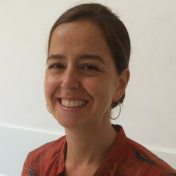 Associate Professor of Urban Planning and International Development
Associate Professor of Urban Planning and International DevelopmentJungwoo Chun
 Lecturer of Climate, Sustainability, and Negotiation
Lecturer of Climate, Sustainability, and NegotiationSummer Cooke
 MBA & MCP Candidate
MBA & MCP CandidateKarla Cruz
MCP StudentTemuulen Enkhbat
 MCP Student
MCP StudentYichun Fan
 Doctoral Candidate
Doctoral CandidatePedro Ferraz de Abreu
 Visiting Scholar
Visiting ScholarMarine Gapihan
MCP StudentJacob Hall
MCP StudentJingchuan Hou
MCP CandidateDavid Hsu
 Associate Professor of Urban and Environmental Planning
Associate Professor of Urban and Environmental PlanningKevin Hsu
 GE Vernova Fellow & PhD Candidate
GE Vernova Fellow & PhD CandidateAmanda Huang
SB CandidateTatiana Sofía Jiménez
MCP StudentThomas Hyo-min King
 M.Arch, M.CP
M.Arch, M.CPJanelle Knox-Hayes
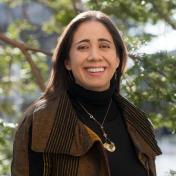 Professor of Economic Geography and Planning
Professor of Economic Geography and PlanningAllie Larman
MCP StudentChang Liu
 Postdoc, Senseable City Lab
Postdoc, Senseable City LabSydney Neugebauer
MCP StudentJulie Newman
 Lecturer of Environmental Planning and Sustainability
Lecturer of Environmental Planning and SustainabilityAaron Ngo
MCP StudentLidia Cano Pecharroman
 Doctoral Candidate
Doctoral CandidateMrinalini Penumaka
Doctoral CandidateJean-Luc Pierite
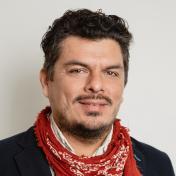 MLK Visiting Scholar
MLK Visiting ScholarChenhan Shao
 Doctoral Student
Doctoral StudentJustin Steil
 Associate Professor of Law and Urban Planning
Associate Professor of Law and Urban PlanningLawrence Susskind
Ford Professor of Urban and Environmental PlanningFreya Tan
MCP & MS EECS StudentLeyla Uysal
 Doctoral Student
Doctoral StudentLawrence Vale
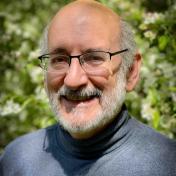 Ford Professor of Urban Design and Planning, and Associate Dean, MIT School of Architecture and Planning
Ford Professor of Urban Design and Planning, and Associate Dean, MIT School of Architecture and PlanningBruno Verdini
Senior Lecturer in Negotiation, Communication, and Leadership in Government and Corporate DiplomacyZoe Voss Lee

Delia Wendel
 Associate Professor of Urban Studies and International Development
Associate Professor of Urban Studies and International DevelopmentChris Zegras
 Professor of Mobility and Urban Planning, Department Head
Professor of Mobility and Urban Planning, Department HeadJinhua Zhao
 Class of 1941 Professor of Cities and Transportation
Class of 1941 Professor of Cities and TransportationSiqi Zheng
 Professor of Urban and Real Estate Sustainability
Professor of Urban and Real Estate Sustainability
Areas of Study
Environmental Justice and Indigenous Rights
We are working to establish a research and teaching cluster within the Department that focuses on Indigenous Studies and Planning. The cluster represents a collaborative effort to help faculty and students in EPP and other program groups make Indigeneity more central to what we do in the department. The cluster addresses questions of sovereignty, identity, and historical land-taking as well as present efforts to ensure environmental and social justice in land-use planning, climate adaptation and natural resource development. Our research, curriculum development, and practice in the cluster are undertaken in partnership with indigenous communities. These efforts are all linked to the department’s overall strategic objectives of a) achieving racial justice, b) enhancing multi-racial democratic governance, c) tackling the climate crisis and d) closing the wealth gap. Furthermore, we are trying to highlight lessons and practices from indigenous planning that can be applied more generally. Finally, we are seeking to strengthen connections with local Indigenous communities in Massachusetts, with the MIT SOLVE Indigenous Fellows program, and with Indigenous student groups at MIT as they seek to add indigenous students, staff and faculty to the MIT community.
Environmental Justice and Post-Disaster Housing
Climate change is sometimes presented as an inescapable equalizer, but it is already worsening inequality, in part through its uneven effects on housing. DUSP faculty and students are conducting ongoing research on the effects of climate change related disasters on low-income renters, including the effects of flooding disasters on rents, on evictions, and on the location of publicly subsidized affordable housing construction. The research focuses on identifying crucial environmental justice dimensions at the nexus of affordable housing policy and climate change.
Urban Sustainability and Infrastructure Planning
In the 21st century, cities hold the key to environmental sustainability; around the world, cities are competing to be the most "green." For western cities, becoming more sustainable involves radical improvements in energy and water-use efficiency; increased reliance on walking, bicycling, and mass transit; investments in green infrastructure; waste minimization through reduced packaging and increased use of composting, waste-to-energy, and recycling; cultivation of regional food systems; and other measures.
The Science and Politics of Natural Resource Management
Most of the nation's estuaries are under stress as a result of nutrient runoff, development of coastal wetlands, and toxic pollution. Similarly, dams, streamside logging, and livestock grazing of riparian areas have degraded rivers around the country. And urban sprawl threatens wildlife habitat in rural areas, while depleting the economic vitality of inner cities. Figuring out how to manage natural resources in the face of ever-increasing development pressure is a major focus of EPP faculty and students. Faculty are involved in projects that aim to explain the relationship between science and politics, as well as the effectiveness of emerging approaches in natural resource management.
International Environmental Policy Making and Regulation
Many of the concerns associated with development differ between developing and developed countries, but there is a shared need for analytic tools to anticipate the consequences of development and growth-management decisions. Research in EPP investigates new approaches to making trade-offs between environmental and developmental objectives, as well as devising and testing methods to resolve disputes over such issues. Many environmental problems can only be tackled on a global basis. Therefore, we focus on the dynamics of transboundary environmental negotiations, such as those concerning climate change, biodiversity conservation, and dozens of other regional and global issues.
Urban Climate Adaptation
Planners are poised to play pivotal roles in minimizing the impacts that climate change will have on cities and their inhabitants. Faculty members in EPP conduct research on urban climate adaptation in all corners of the globe and are engaged efforts that span from local level studies of adaptation planning, to the creation of national and regional role-play simulations and implementation of scenario planning exercises, to collaborations with international organizations and institutions on their adaptation initiatives. Throughout these efforts, faculty members draw on social science methodologies, such as interviews, surveys, focus groups, as well as participatory and consensus-building techniques. The goals of these activities are to understand what cities are doing to address climate impacts, evaluate the ways in which scientific assessments shape decisions and actions, and identify the processes, programs, projects, and partnerships most likely to give rise to effective planning and implementation while ensuring that the needs of the most vulnerable populations are addressed.
Urban and Community Energy Systems
At the local scale, energy systems are complex networks of technology, markets, regulation, and behavior. Local conditions exert considerable influence over the design and operation of these systems, and how easy or difficult they are to change. EPP faculty members are interested in energy system governance and regulation, technology options, market structures, and the link between energy and local economic development. Current faculty research projects include studies analyzing the viability of different clean energy technologies; the impact of federal stimulus funding on local energy systems; an analysis of how local energy use data can be employed to promote energy efficiency and the optimization of energy system design; the role that energy technology can play in promoting job creation in cities, and community participation in energy efficiency planning and policy making. EPP faculty consult to leading energy industry players, local government agencies, and international organizations, creating research and collaboration opportunities for students and other departments and research institutes around MIT.
Key Themes
Participatory Action Research
Often social scientists try to emulate natural science – that is, to strip away the significance of place-specific context so that any researcher can, following the scientific method, produce the same results in any location. Participatory Action Research (PAR) researchers have abandoned that objective, arguing context is “everything.” PAR advocates follow well-documented procedures (that others could emulate), but they seek to draw lessons only with the people in the place they are studying, for that particular place. PAR scholars must be careful not to marginalize the subjects of their research. PAR can involve either quantitative or qualitative research, but it tends to be focused on one place or community at a time. While acceptance is growing as methods improve, applied social science research that follows the PAR philosophy is still discounted in some academic circles because it does not sufficiently mimic natural science or maintain an arms length relationship between researchers and the communities being studied. Moreover, society no longer believes that academics or other experts should impose their biases on communities. PAR methods are integral to the practices of the Science Impact Collaborative and the Community Innovators Lab. The MIT PAR website brings together the work, knowledge, and discussions of graduate students, researchers, and faculty.
Societal Dimensions of Environmental Governance and Climate Change
Many students and faculty study public participation, collaboration, and the roles that members of civil society play in environmental policy and planning. Working in domestic, international, and comparative contexts, faculty research examines issues such as the challenges environmental organizations encounter as they seek to monitor corporations and implement environmental agreements; the types of responses environmental groups have to development proposals, natural disasters, and environmental health hazards; and the extent to which civil society actors and organization are able to realize their goals in the midst of heightened transnational and global pressures. The intended outcome of this research is to generate policy strategies that foster innovation in environmental governance.
Water Diplomacy
DUSP faculty members, working with colleagues at the Fletcher School of Law and Diplomacy at Tufts and at Harvard Law School, are challenging conventional engineering thinking about transboundary water management. Applying multiparty negotiation theory and emerging ideas about complexity, faculty and students are helping to build an Aquapedia summarizing cases of water conflict and developing new tools, like multiparty role plays, to teach what is called the Water Diplomacy Framework to water professionals around the world.
Land Use and Racial Justice
Racial inequality is embedded in place in part through state and local land use regulations that limit access to particular places and associated place-based resources. DUSP faculty and students have been conducting research on the role of land use regulation in exacerbating racial inequality and in advancing racial justice. One branch of recent work has focused on how the structure of planning policies and land use regulations shape metropolitan inequality in comparative international perspective. Another branch of work has focused on how zoning and housing policies can be redesigned to increase equality of access to resources and advance racial justice.
Social and Environmental Impact Assessment
All efforts to plan for infrastructure improvement and new development anywhere in the world should be preceded by an analysis of possible social and environmental impacts. Formal assessments provide an opportunity for stakeholders of all kinds to learn about what project designs are under consideration, what their likely social and environmental impacts might be, and what mitigation strategies ought to be considered. EPP faculty have been involved in efforts to improve the way social impact assessments (SIA) and environmental impact assessments (EIA) are used to engage stakeholders, model likely impacts, and reach fact-based or science-based decisions in the public arena. Impact Assessment is both an art and a science. Finding ways to estimate financial costs and benefits (and their distribution) and incorporating this information into consideration of project options is as important as modeling and evaluating ecological, sociological and justice-related impacts. EPP faculty have played a leadership role in developing EIA and SIA theory and practice.
Facility Siting
The United States government is committed to rapidly constructing renewable energy facilities that can replace fossil fuel plants of all kinds. The problem is, there is growing opposition, from coast to coast, to the construction of new solar, wind, geothermal and transmission facilities. By identifying the sources of local opposition to such facilities (i.e. not just environmental protection and natural resource management concerns, but tribal justice as well) we are able to formulate better ways of avoiding or resolving facility siting disputes. Drawing on the Facility Siting Credo that DUSP developed several decades ago (and that has been tested empirically in many parts of the world), EPP is seeking to create a Renewable Energy Facility Siting Clinic that will train and assign students to work with communities in the midst of facility siting disputes. We are trying to enhance both the theory and practice of facility siting, and to provide direct assistance to communities that need help at the same time.




